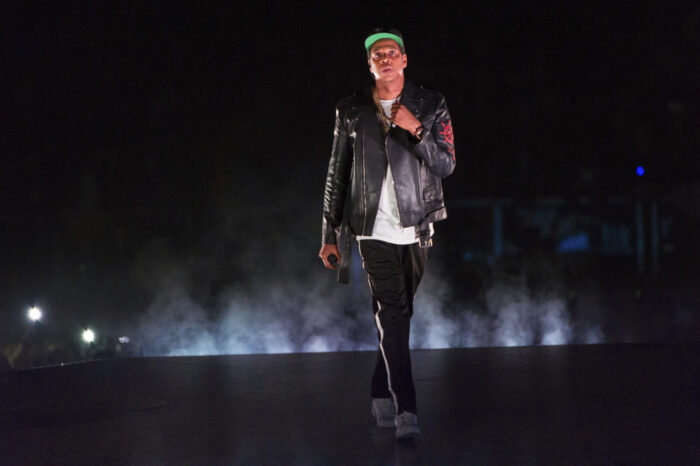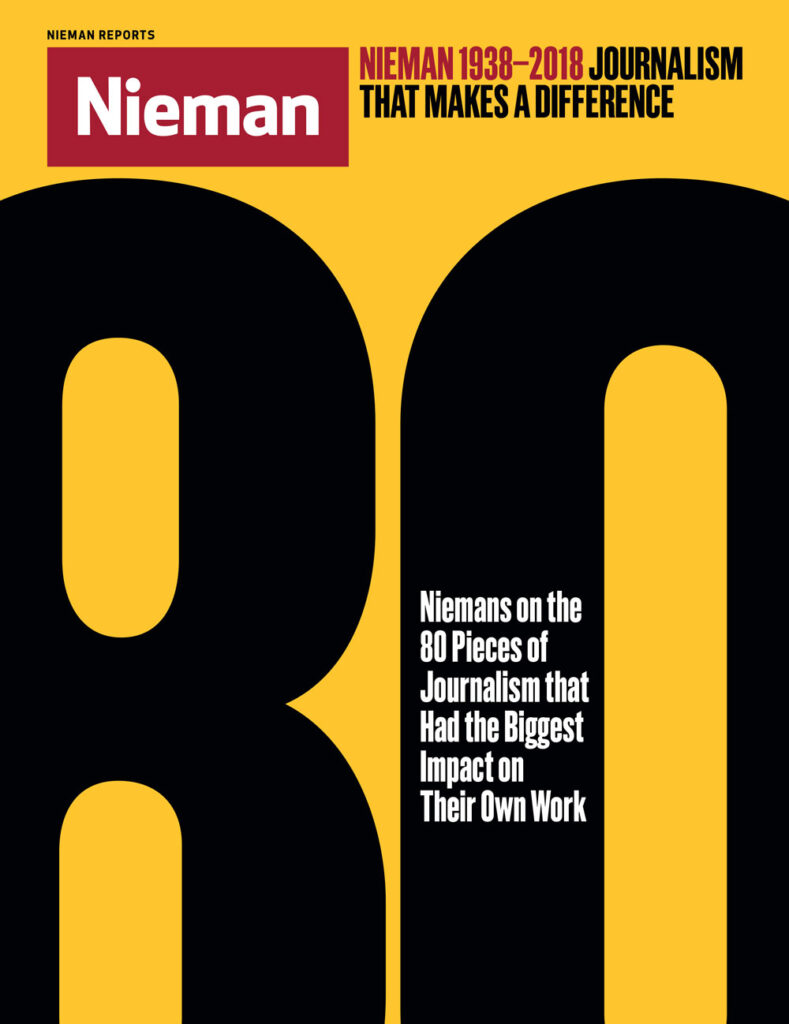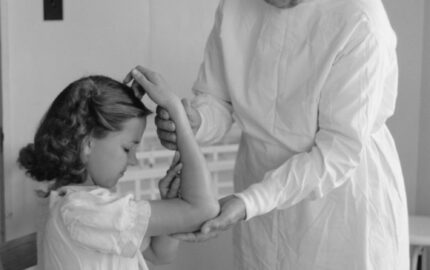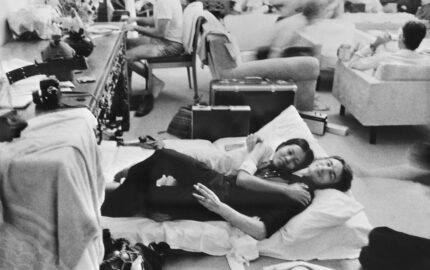It was all a dream. I used to read Word Up! Magazine. And The Source, Vibe, and XXL.
I hung pictures on my wall, tearing out images of my favorite rhymesayers and major players in hip-hop culture. But first, I drank in every adjective, noun, and verb used to describe them. My people lived in these pages.
And Dream Hampton didn’t just hold space for them, she delivered their stories to us by kicking in the front door of our hearts with unapologetic truth dripped in soul.
She’s among the journalists who kicked in the door for the rest of us culture writers. The journos who fight to cover hip-hop with nuance, to delve deeper than stereotypes, to love it all, and also be able to point out its problems because we know it’s not just music. It’s our culture.
My sophomore year in college at Norfolk State University, she wrote about one of my favorite lyricists, Jay-Z, for Vibe. This was before they were friends, before they’d collaborated on his book, “Decoded.” It was 1998, at the tipping point of his career.
She didn’t just interview him. She spent days with him over the course of some weeks, eating with him in New York, a flight to Virginia, a tour boat, and a football game at my college. This wasn’t just his world, it was our world. The party and the closet full of frail skeletons. And she contextualized it in a way that made me want to do it, too.
Jay-Z: The Life
By Dream Hampton
Vibe, Dec. 1998
Excerpt
Let me tell you something about money. And drugs. Myth and lore. Mandatory sentencing. Open caskets with bloated, bejeweled bodies.
About kamikaze capitalists who just happened to be teenagers. Young black boys who may have never understood their position—that of mere pawns—in the larger scheme of this but who quickly expanded their tightly wound worlds. Then set them afire. With the heaviest, most sophisticated weaponry countries like Israel had to import. How aunts and uncles became somnambulant street stalkers and parents police informants.
About the little girl who had always loved the little boys and quickly learned to love the things these boys now had to offer—all that glittered.
I’m not saying this was every black person’s experience. Just those who were coming of age, poor, and living in a major city in the ’80s. In New York, hustlers like Fat Cat from Queens and Calvin Klein from Brooklyn—they were becoming famous. Cities and small towns in Maryland, the Carolinas, Virginia, and even the nation’s capital—especially the nation’s capital—became bloody war zones for enterprising, murderous hustlers from New York City looking to “open” them up.
A lot of speculation/ On the monies I’ve made/ How is he for real/ Is that nigga really paid?/ Hustlers I’ve met or dealt with direct/ Is it true he stayed in beef and slept with a Tech?
“I was never a worker,” say Shawn “Jay-Z” Carter. “And that’s not even being arrogant. I was just never a worker.” Jay, who made his fortune a decade before the release of his debut, 1996’s Reasonable Doubt, isn’t exactly forth-coming about his past. You half expect him to pat you down or check the hotel room smoke detector for cameras—and I’ve known him for a little while.
Excerpt from “Jay-Z: The Life”: Copyrighted 2018. Prometheus Global Media. 278658: 0818DD.




